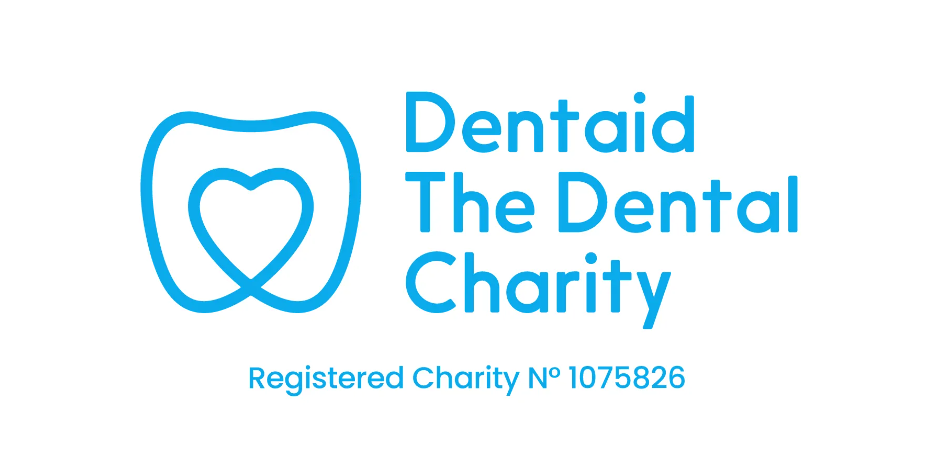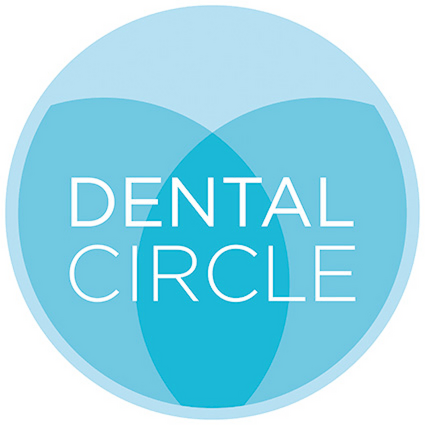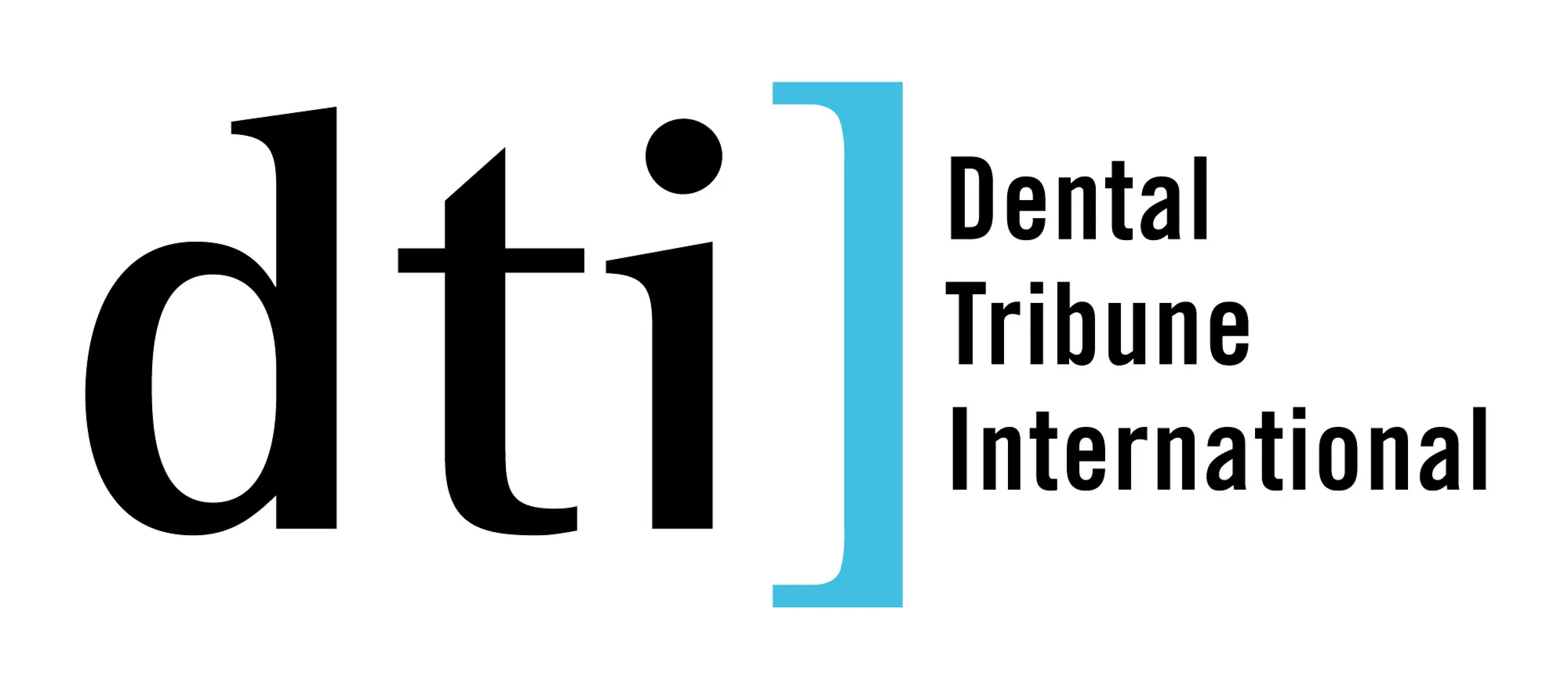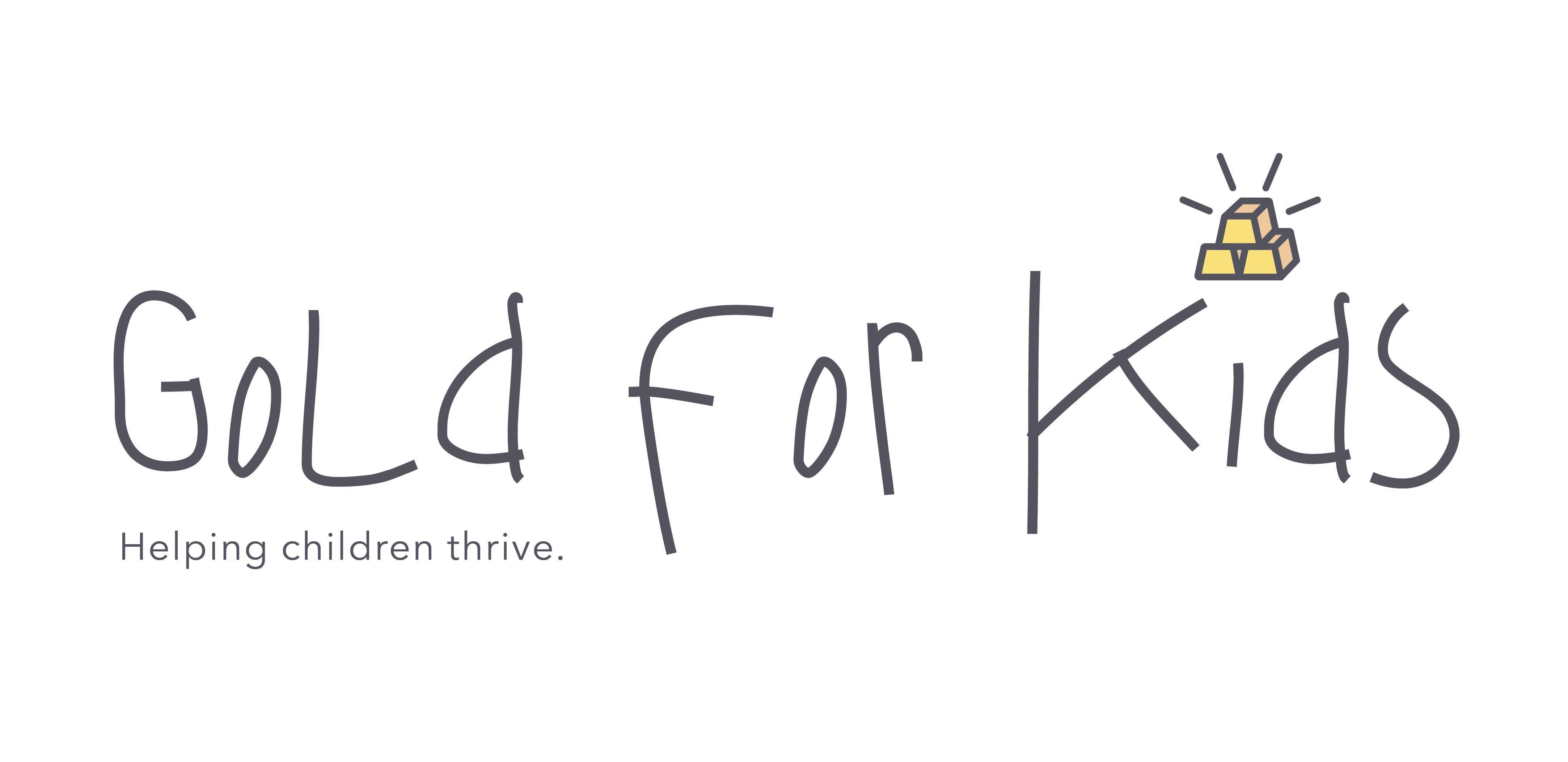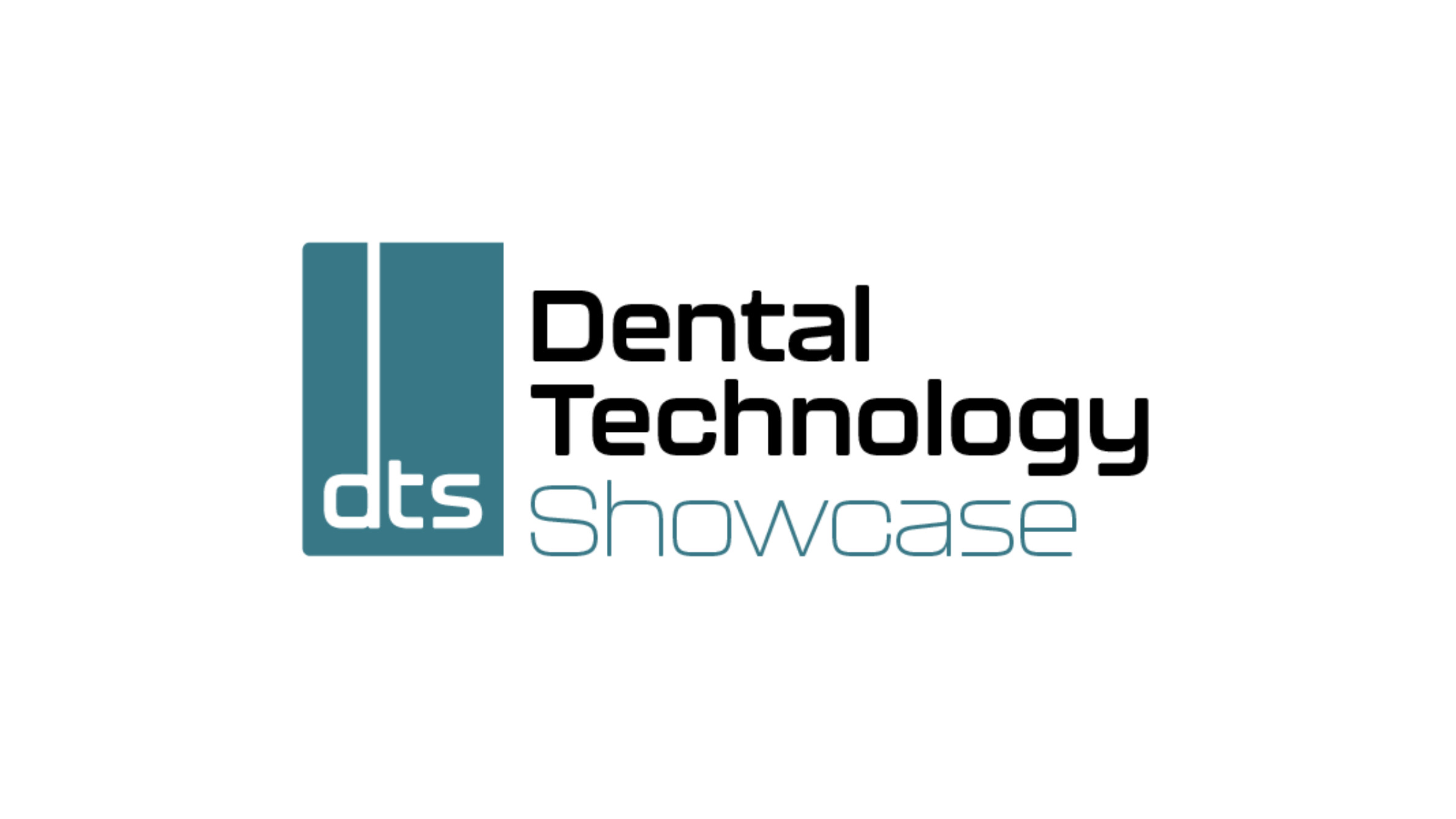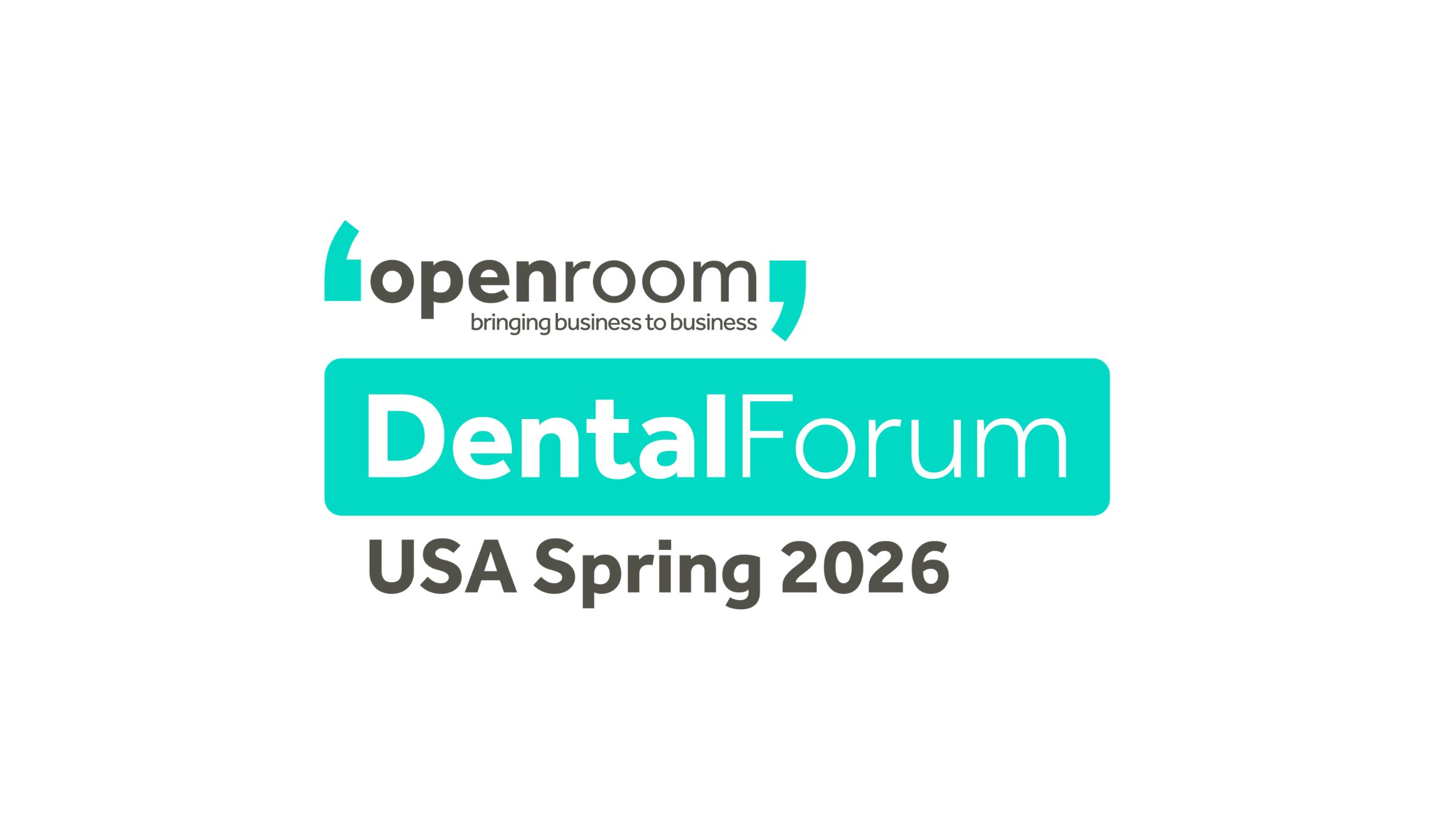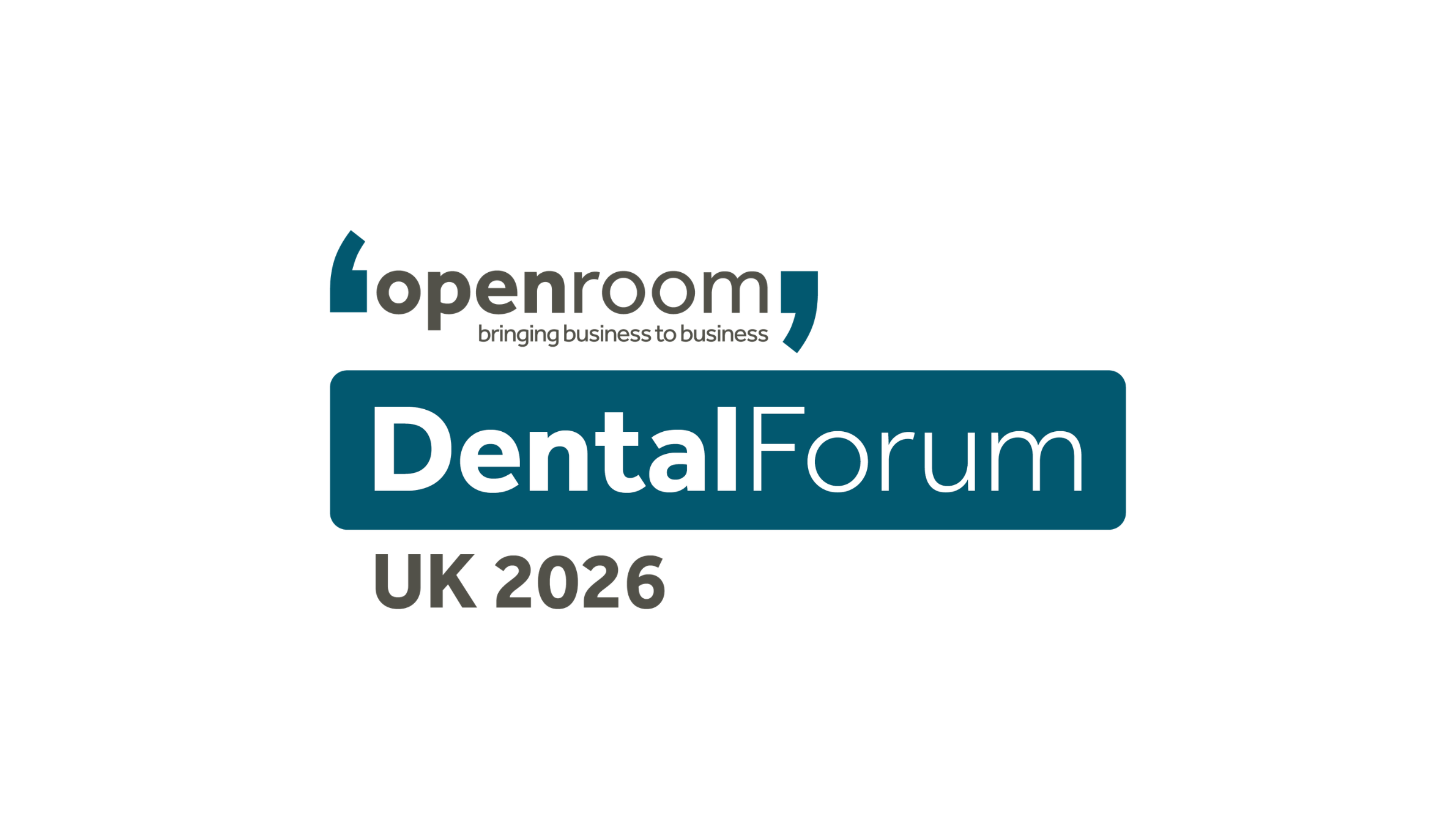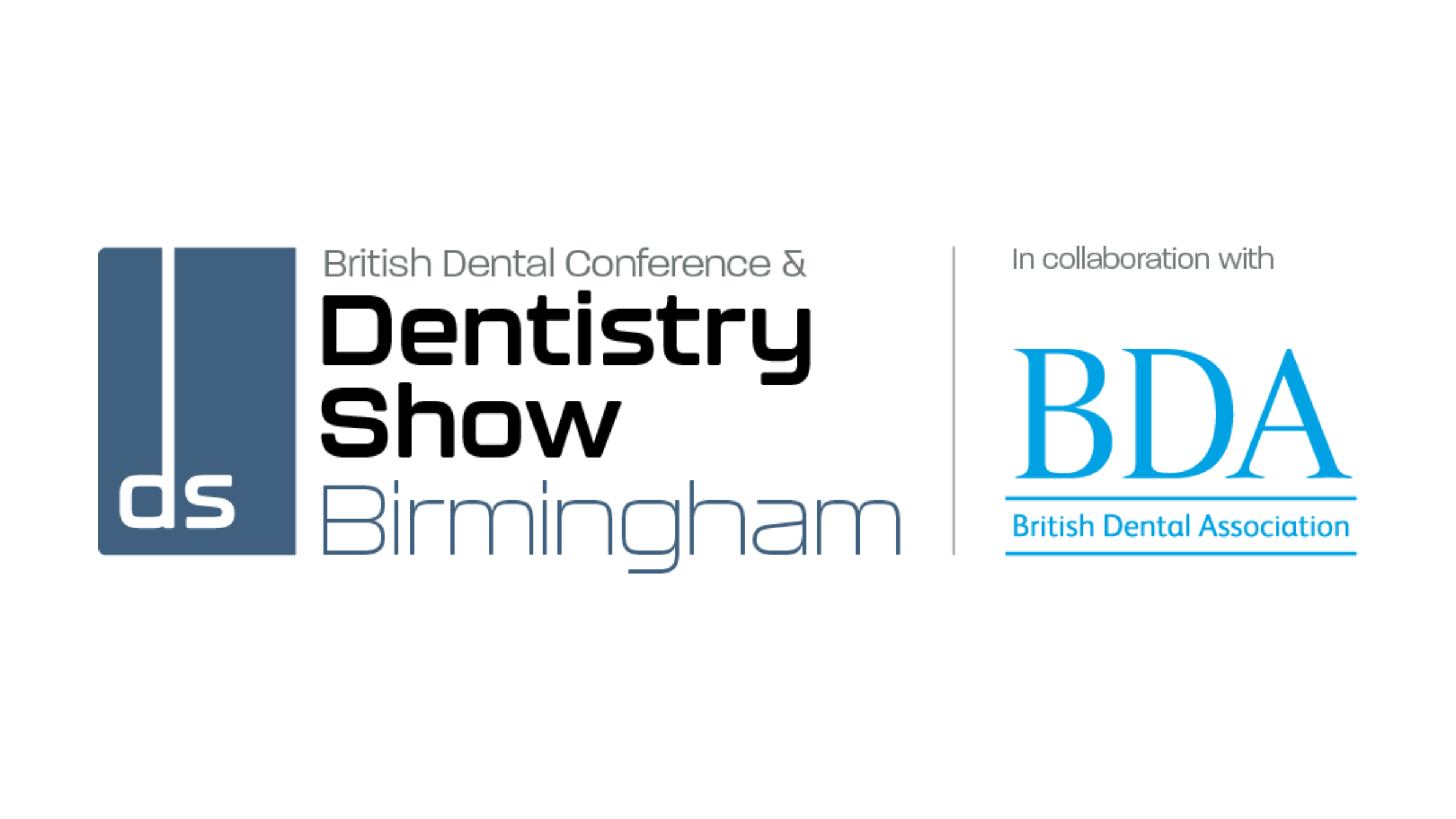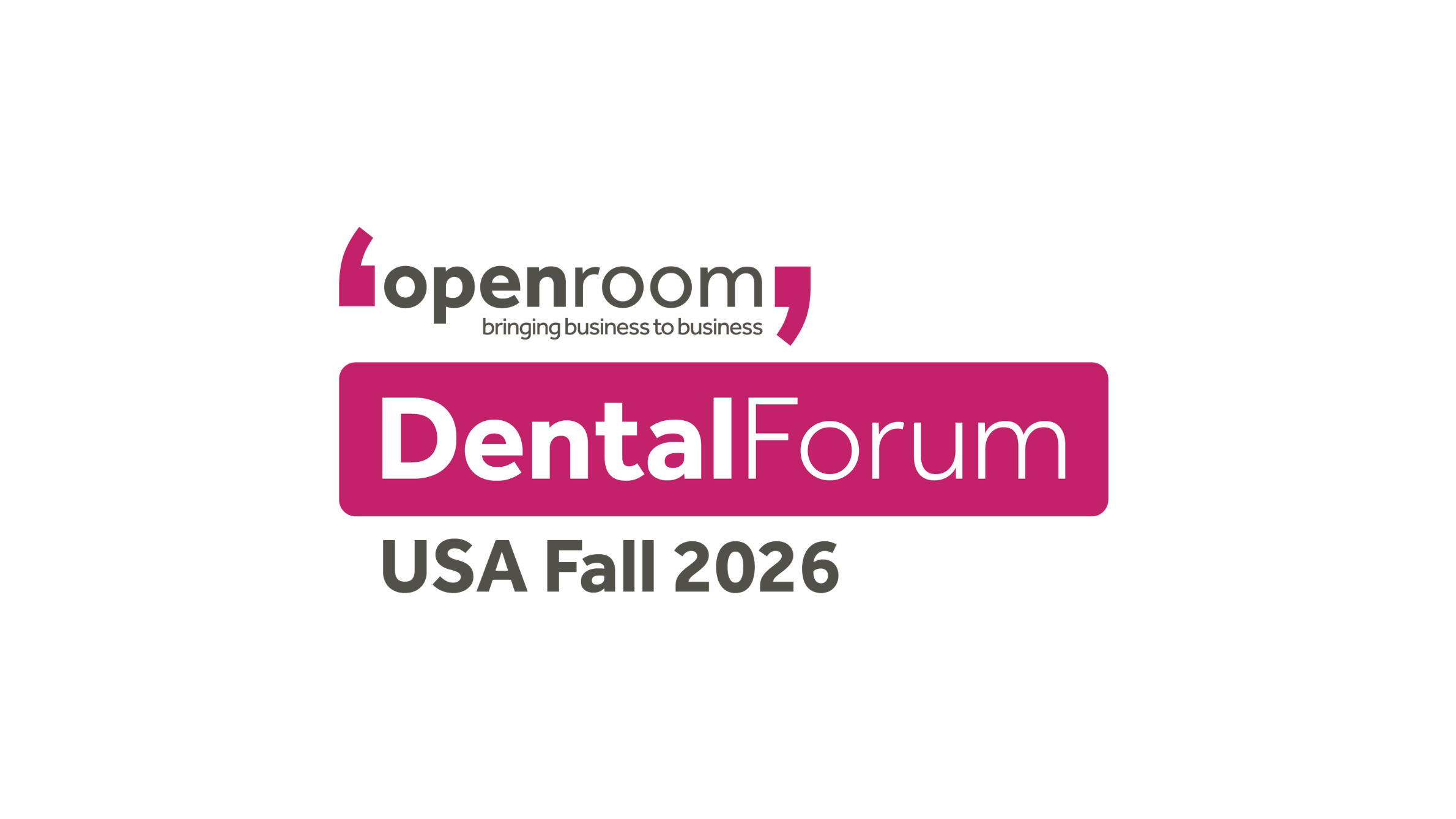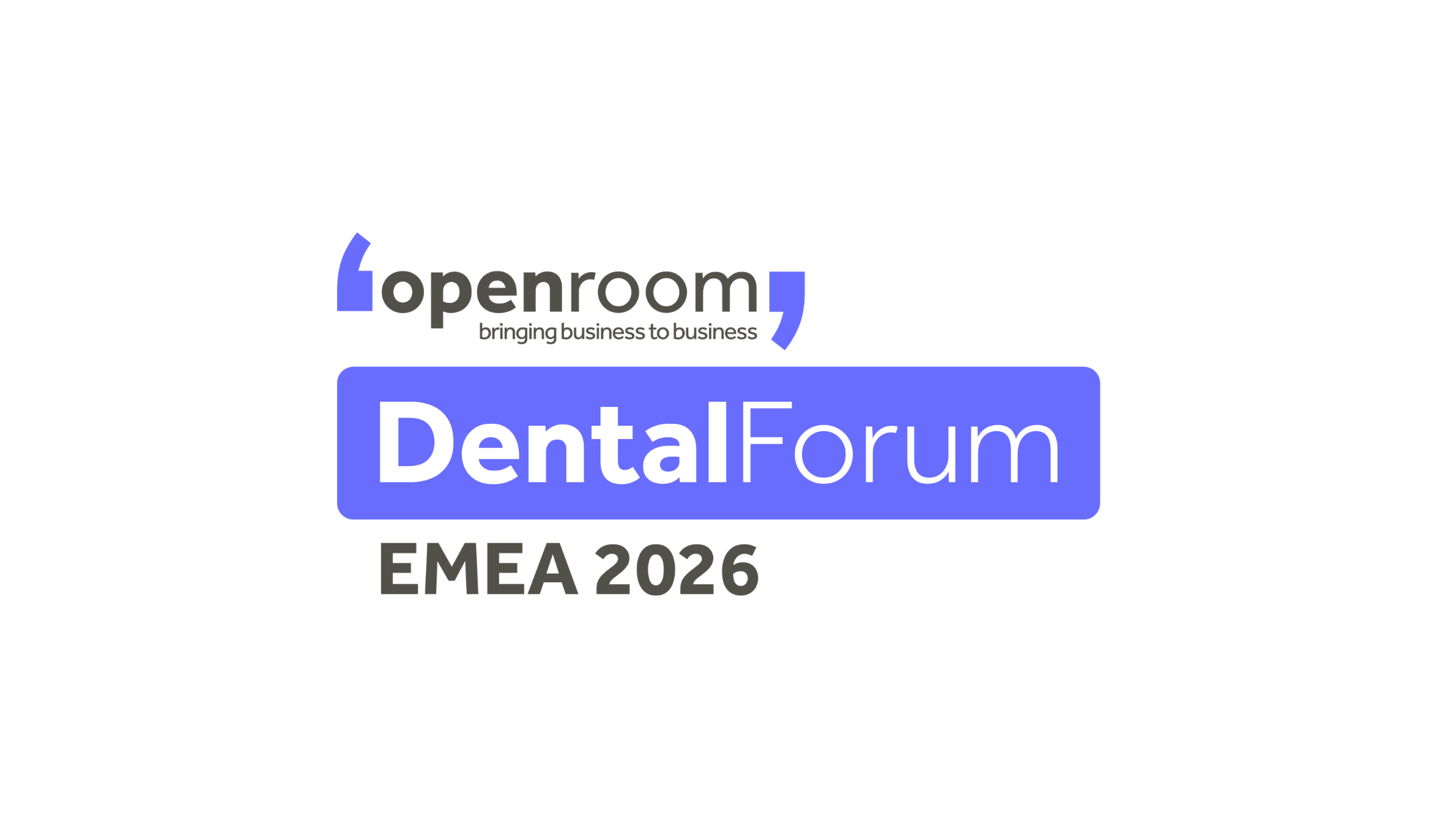Make sure patients know when to take action!
)
One could argue that there has never been a more important time to circulate information about mouth cancer among the population. One of the many challenges of the pandemic in the UK was the closure of dental practices for months, resulting in far fewer routine dental check-up appointments for the general population. A potential consequence of this is that the early signs and symptoms of mouth cancer may have gone undetected in a worrying number of people.
Dr Nigel Carter OBE, Chief Executive of the Oral Health Foundation, highlights the key messages of the campaign this year:
“We remain keen to promote the importance of early detection of mouth cancer, ensuring that dental professionals are performing comprehensive examinations and screening wherever they can. In the past, clinician may have seen one mouth cancer patient in their lifetime – now they are more likely to see at least three.
“This is particularly crucial during this post-coronavirus period. Patients need to understand that if they identify any signs of mouth cancer, they really need to be seeing their dental team as a matter of urgency. There is concern that the number of referrals into secondary care significantly reduced over lockdown. This means that there could be a lot of patients with undiagnosed mouth cancer out there. Given that survival rates improve substantially with early diagnosis, patients need to appreciate the risks and be prepared to act.”
With the development of digital communications during and since lockdown, Dr Carter believes that this offers a new avenue by which to effectively communicate with more patients. He continues:
“Digital communication absolutely provides an opportunity to enhance mouth cancer awareness. We have everything from emails to social media to virtual assessment and video calling technologies at our disposal today. Prevention, motivation and history taking – including as part of a mouth cancer risk assessment – can be approached in remote consultations. In fact, I think we’ll see an increase in video communication for the dental patient journey in general. While you cannot replace a physical exam where suspicions of mouth cancer are raised, this technology does make it easier to conduct initial screenings and conversations for remote triaging, even while practices face the current restrictions in practice.”
Back to the Mouth Cancer Action Month campaign itself, Dr Carter encourages dental teams to get involved wherever they can, adding:
“This year, we are continuing to communicate with the public directly, encouraging people to check themselves and to be mouth aware. We’ll be highlighting the key signs and symptoms to look out for and urging anyone with any concerns to book in with their local practice.
“In terms of what the profession can do, practices can utilise digital communication tools to ensure they are informing their patients and those people in their local communities. Regular and informative e-newsletters or emails can make a big difference, reinforcing the risk factors and high-risk groups. Especially when it comes to HPV-associated mouth cancer, it is important that we need to encourage equal awareness of the threat across all age groups.”
To get involved and help spread the word, you can interact with the Oral Health Foundation’s social media pages, participate in the Blue Ribbon Appeal or Blue Wednesday. Visit https://www.dentalhealth.org/mouthcancer for more details!
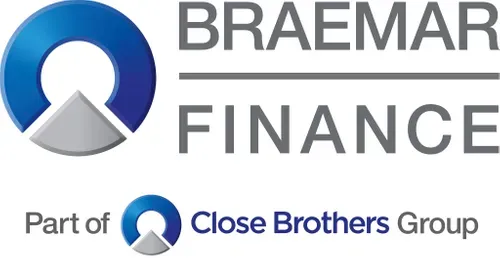

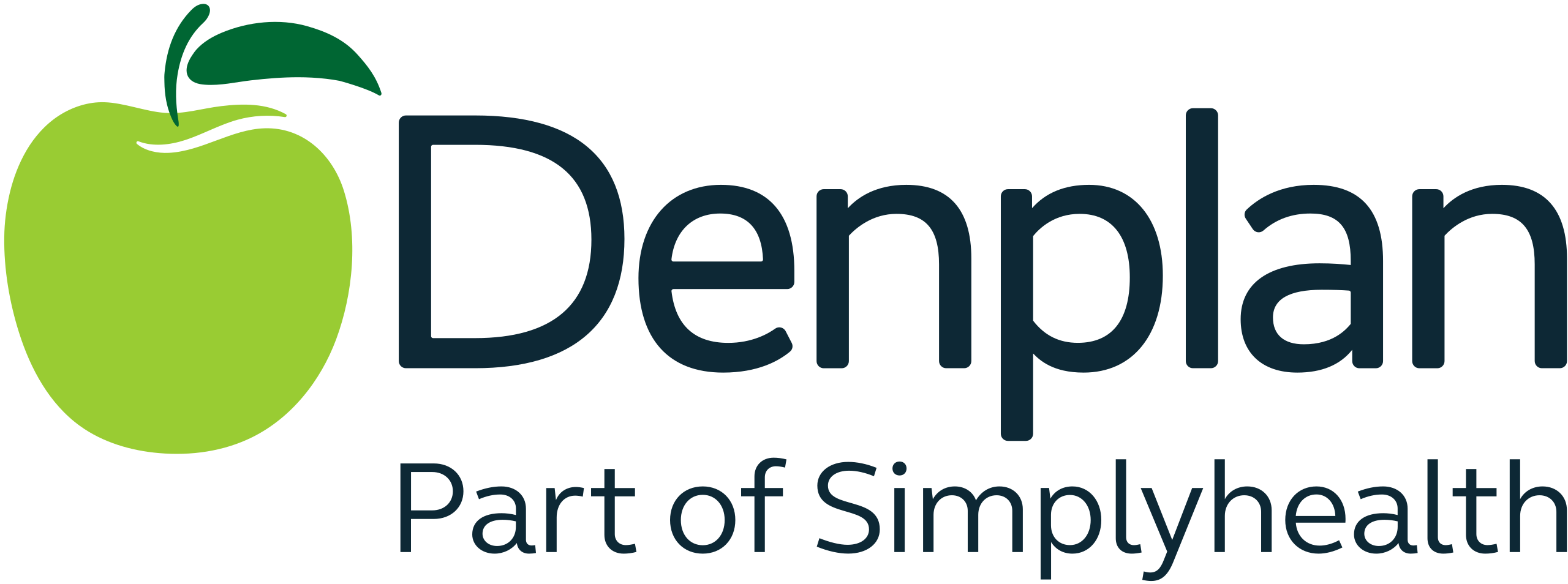
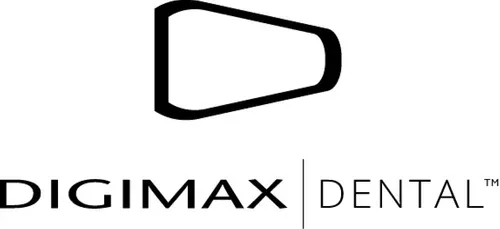


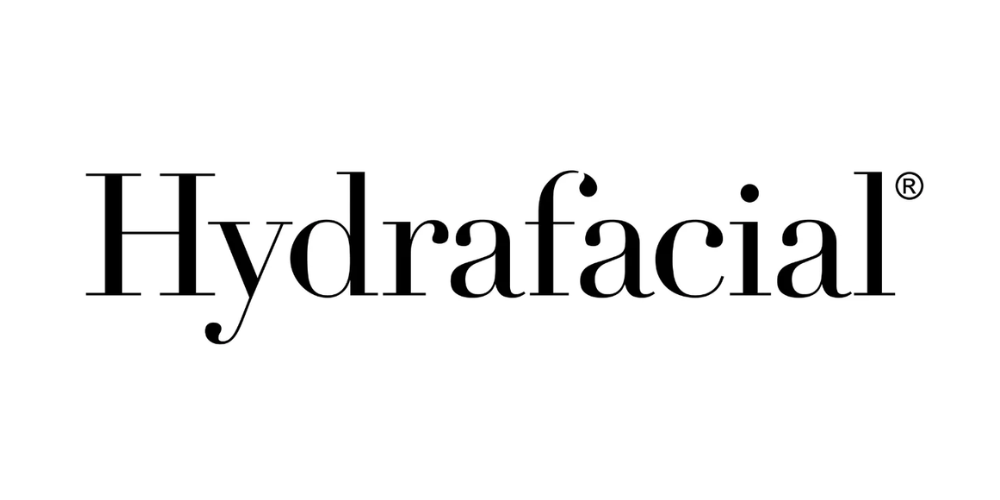
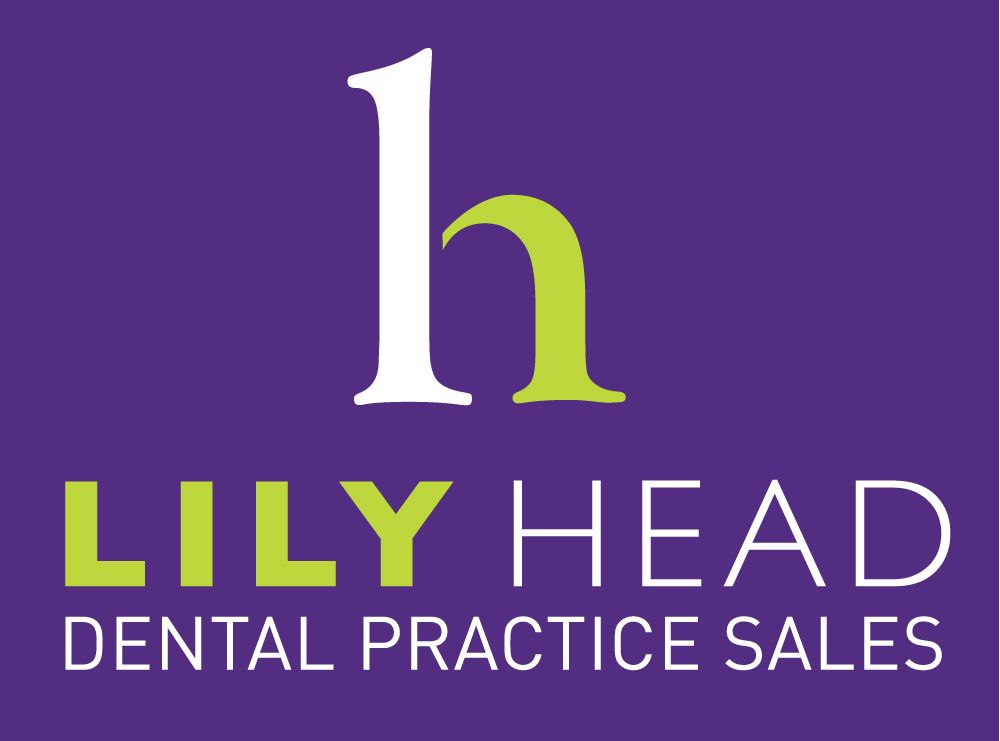
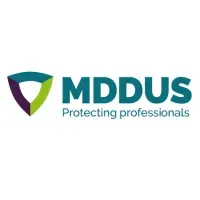



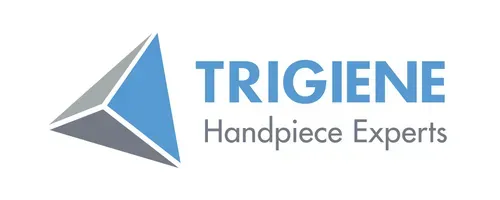


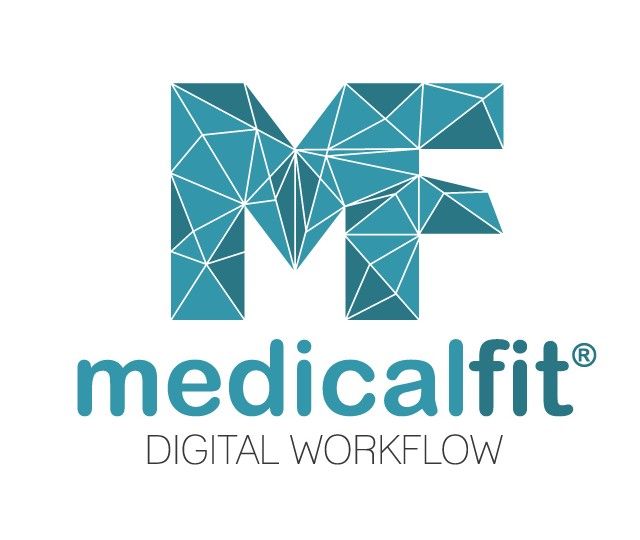


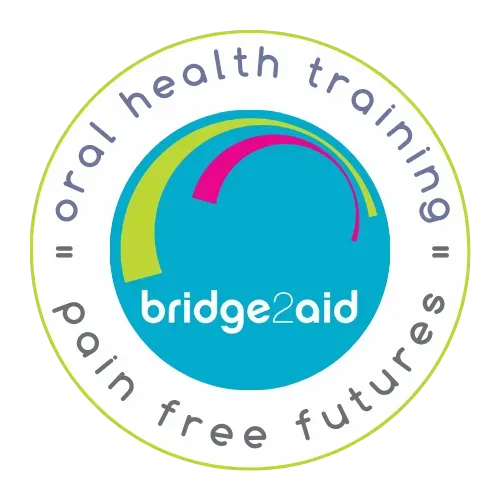
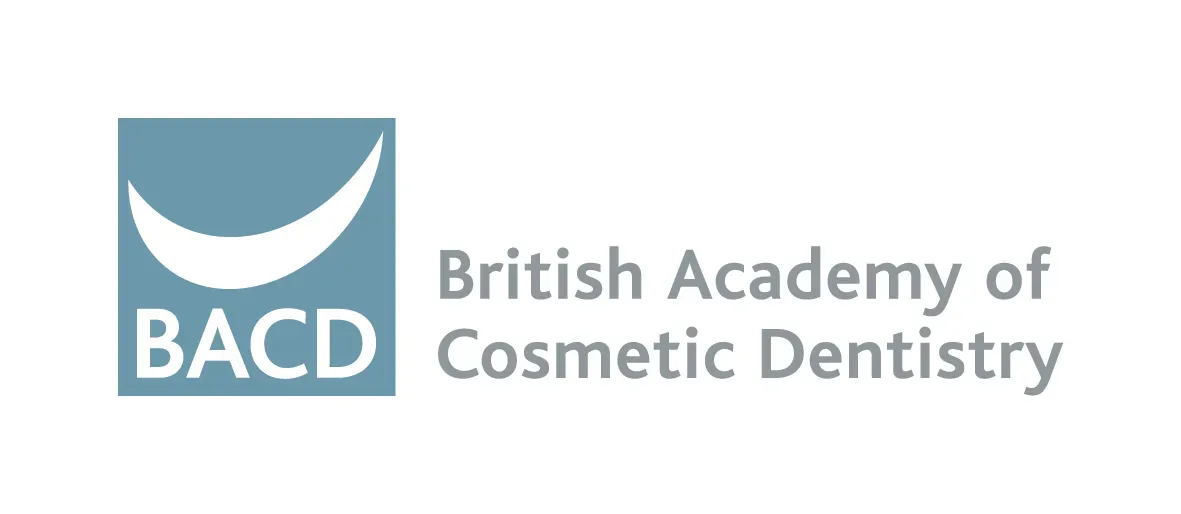
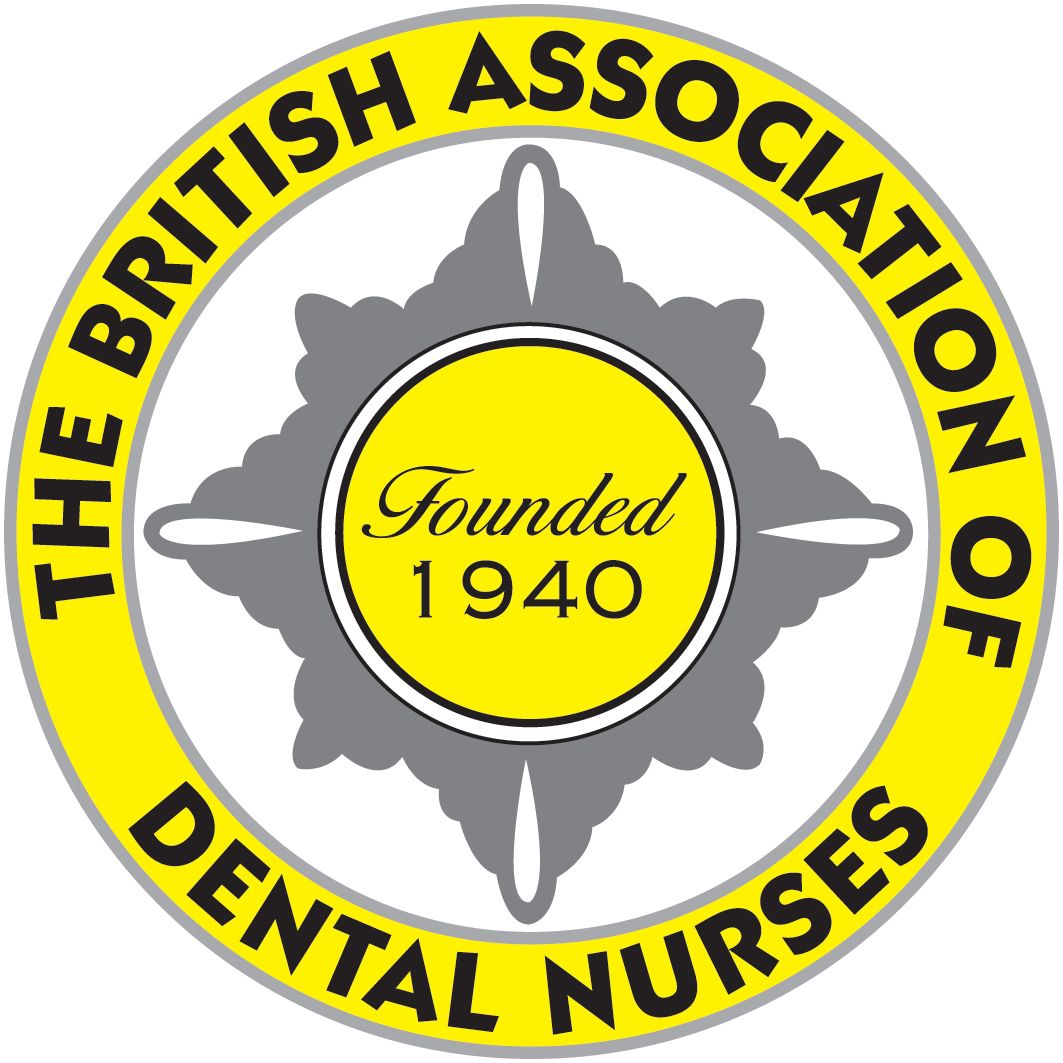
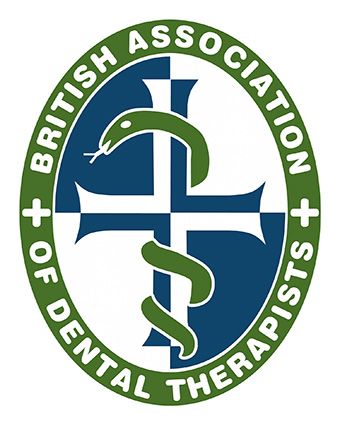
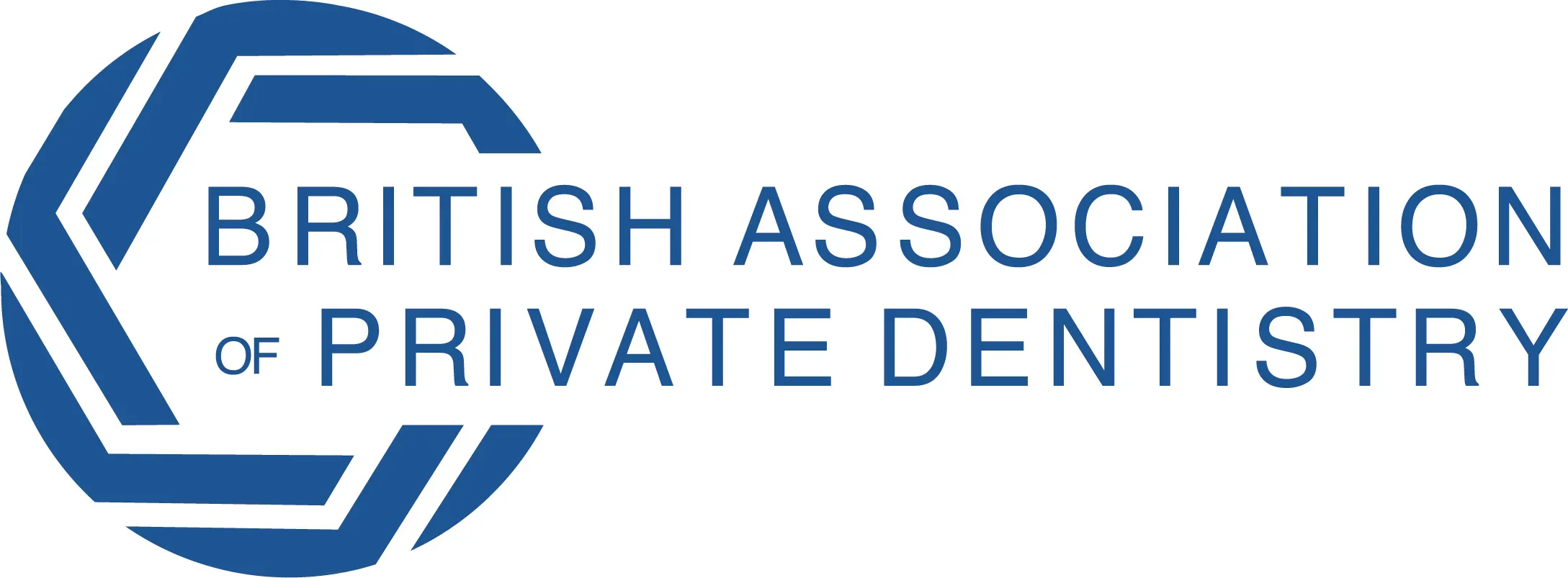
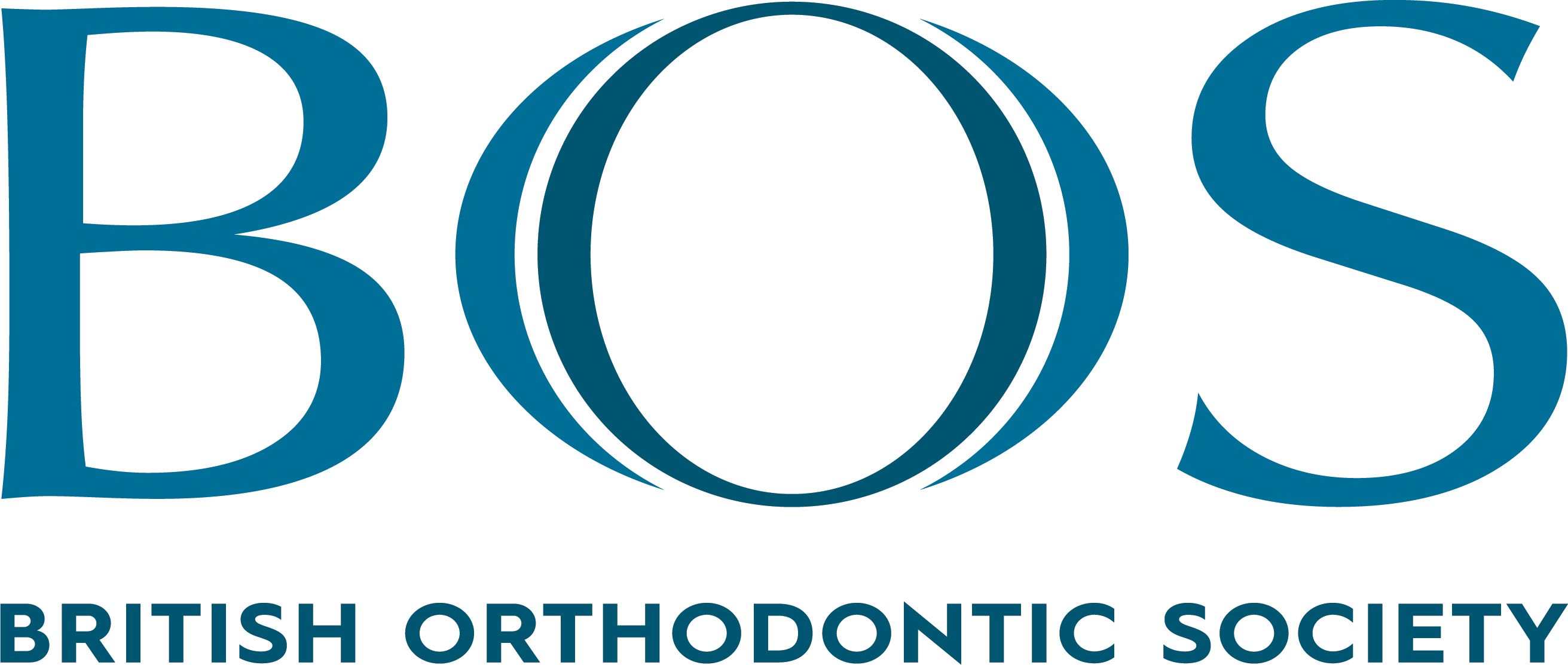
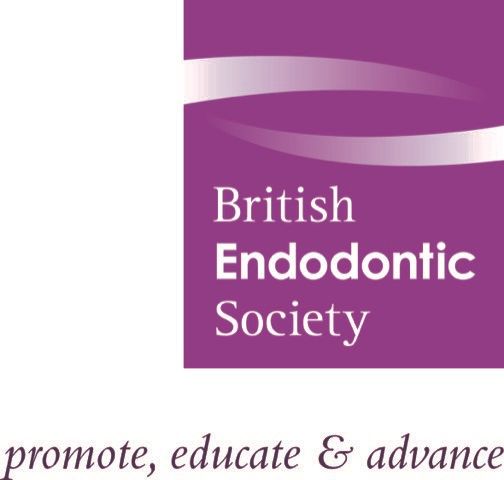
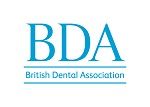
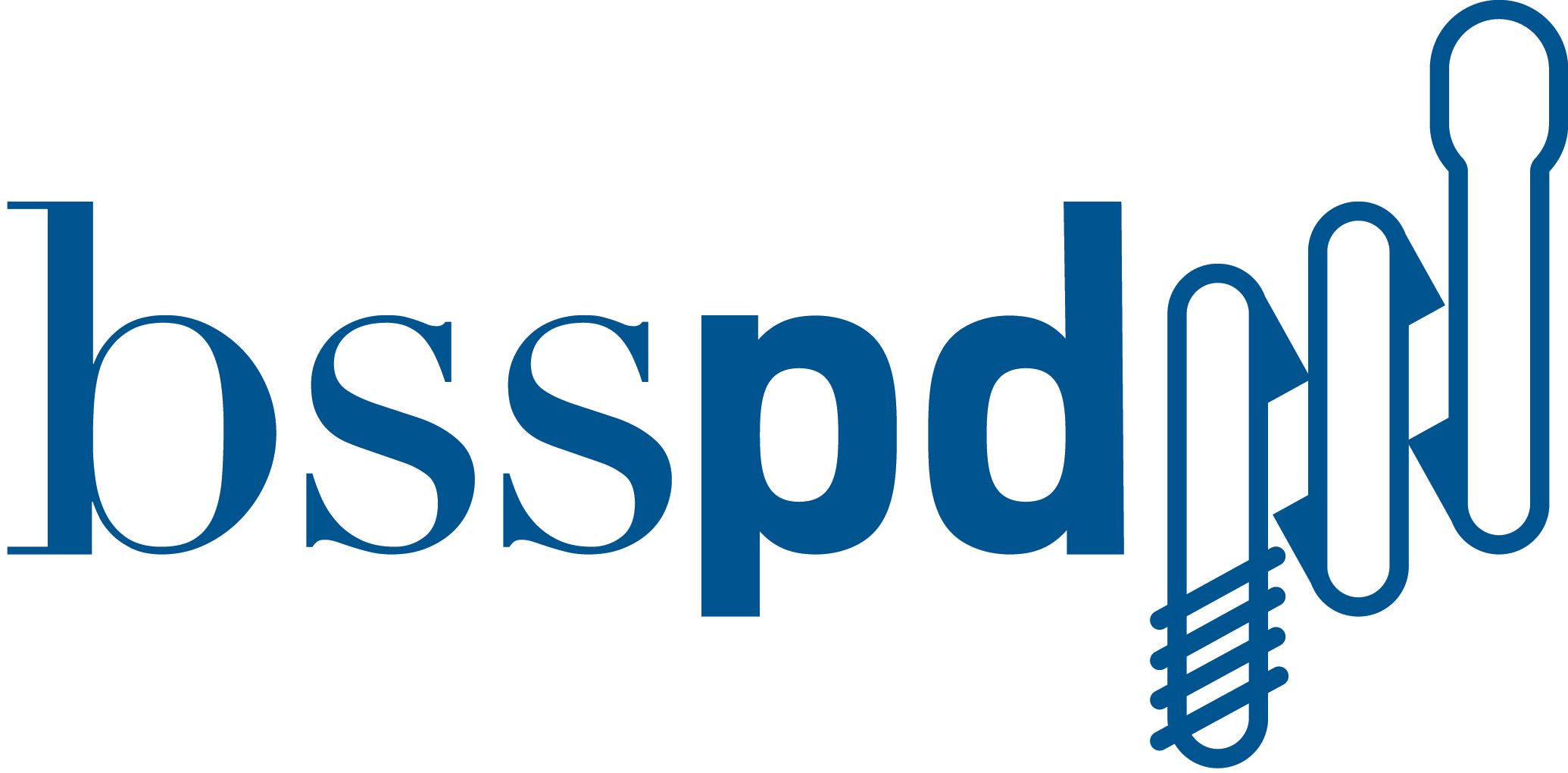

.png)
